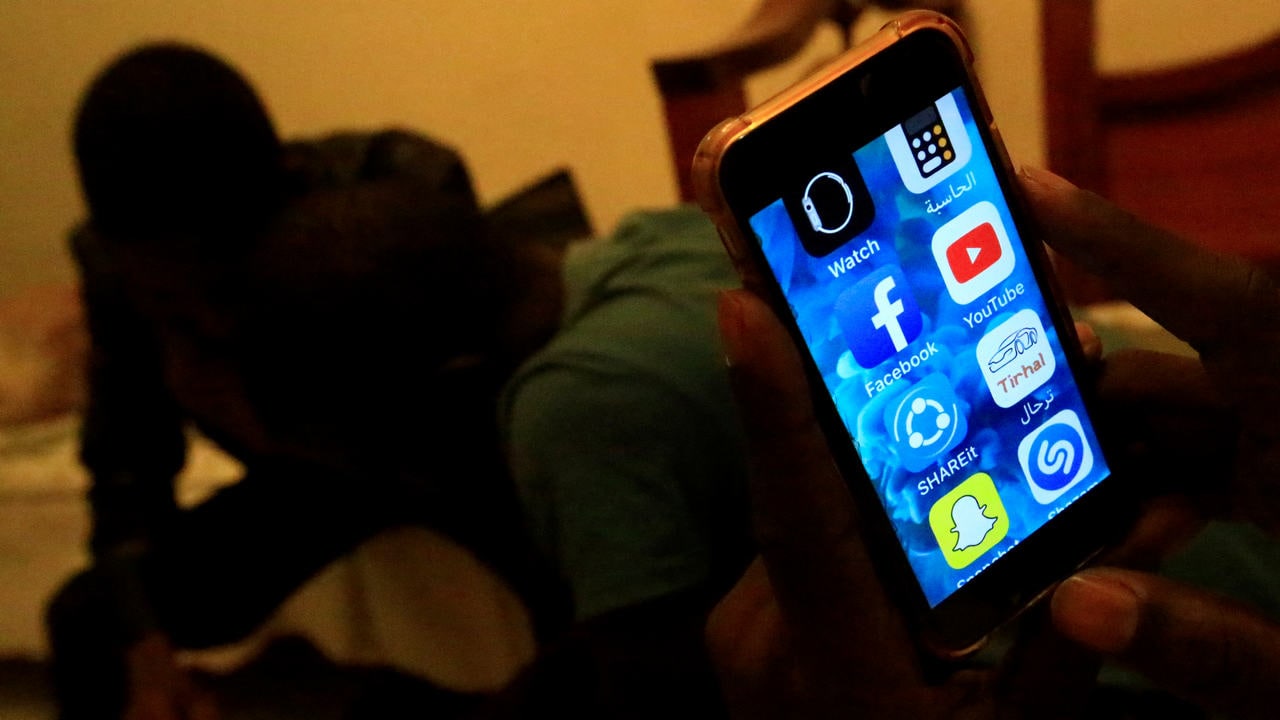Use Of Social Media By African Presidents.
By Beyonddennis
In the rapidly evolving digital landscape, social media has transformed from a mere communication tool into a powerful platform for political engagement, public discourse, and even governance. African presidents, recognizing the immense potential of these platforms, have increasingly embraced social media to connect with citizens, disseminate information, and project their national and international agendas. This article, a research by Beyonddennis, delves into the multifaceted ways African presidents utilize social media, exploring the trends, impacts, and inherent challenges.
The Growing Digital Footprint
The past decade has witnessed a significant surge in the adoption of social media by African leaders. Platforms such as X (formerly Twitter), Facebook, and even Instagram have become integral to their communication strategies. This embrace is driven by several factors, including the continent's youthful population, increasing internet penetration, and the desire for more direct engagement with the electorate. Presidents are leveraging these platforms to announce policies, share official statements, respond to public queries, and even participate in real-time discussions.
For instance, some leaders actively use X for quick updates and policy pronouncements, while Facebook often serves as a hub for more detailed information, photo galleries, and live streams of public events. The immediacy offered by social media allows for rapid dissemination of information, bypassing traditional media gatekeepers and offering a direct channel to citizens. This direct engagement can foster a sense of transparency and accountability, theoretically bridging the gap between leaders and the populace.
Engagement and Public Diplomacy
Beyond domestic communication, social media has become a vital tool for public diplomacy for African presidents. It enables them to engage with the international community, promote their nation's interests, and counter negative narratives. This is particularly evident during international summits or bilateral meetings, where presidents often live-tweet events, share behind-the-scenes glimpses, and interact with other world leaders online. This not only showcases their active participation but also projects an image of modern, digitally-savvy leadership.
Furthermore, social media offers an avenue for presidents to highlight national achievements, cultural heritage, and investment opportunities directly to a global audience. This can be more effective and immediate than traditional diplomatic channels, allowing for broader reach and direct engagement with potential investors, tourists, and international partners. The ability to control their narrative and present their perspective directly is a significant advantage in the realm of international relations.
Challenges and Criticisms
Despite the numerous benefits, the use of social media by African presidents is not without its challenges and criticisms. One major concern is the issue of authenticity and the potential for propaganda. Critics often point to instances where social media accounts are managed by aides, leading to a perceived lack of genuine interaction from the leaders themselves. The carefully curated online personas may not always reflect the reality of governance or the sentiments of the population.
Moreover, the spread of misinformation and disinformation remains a significant challenge. Presidents' accounts, like any other on social media, are susceptible to being targets of fake news or even used to spread it, intentionally or unintentionally. Managing online criticism and negative feedback is another hurdle; while some leaders engage with dissent, others prefer to restrict comments or block critical voices, which can undermine the very principles of open dialogue that social media purports to offer. Cybersecurity threats, including hacking and impersonation, also pose a constant risk to the integrity of these official accounts.
Impact on Governance and Public Perception
The integration of social media into presidential communication strategies has had a tangible impact on governance and public perception across Africa. It has undeniably increased accessibility to leaders, creating a sense of proximity and reducing the perceived distance between the governed and the government. Citizens can now directly address their leaders, voice concerns, and receive immediate updates on government actions. This can foster greater civic participation and strengthen democratic processes.
However, the impact is not uniformly positive. The digital divide persists in many parts of Africa, meaning that significant portions of the population, particularly in rural areas, still lack access to the internet and, consequently, to these online presidential communications. This can exacerbate existing inequalities and create a two-tiered system of information access. Furthermore, the reliance on social media can sometimes lead to a superficial understanding of complex policy issues, reducing nuanced discussions to character-limited posts.
Nevertheless, the trend indicates that social media will continue to be a crucial component of political communication in Africa. As internet penetration grows and digital literacy improves, the platforms will likely become even more central to how African presidents interact with their constituents and the wider world. The ongoing evolution of these digital spaces presents both immense opportunities for enhanced transparency and participation, as well as persistent challenges in maintaining authentic engagement and combating the spread of harmful narratives. This ongoing dynamic will undoubtedly continue to shape the political landscape of the continent.
